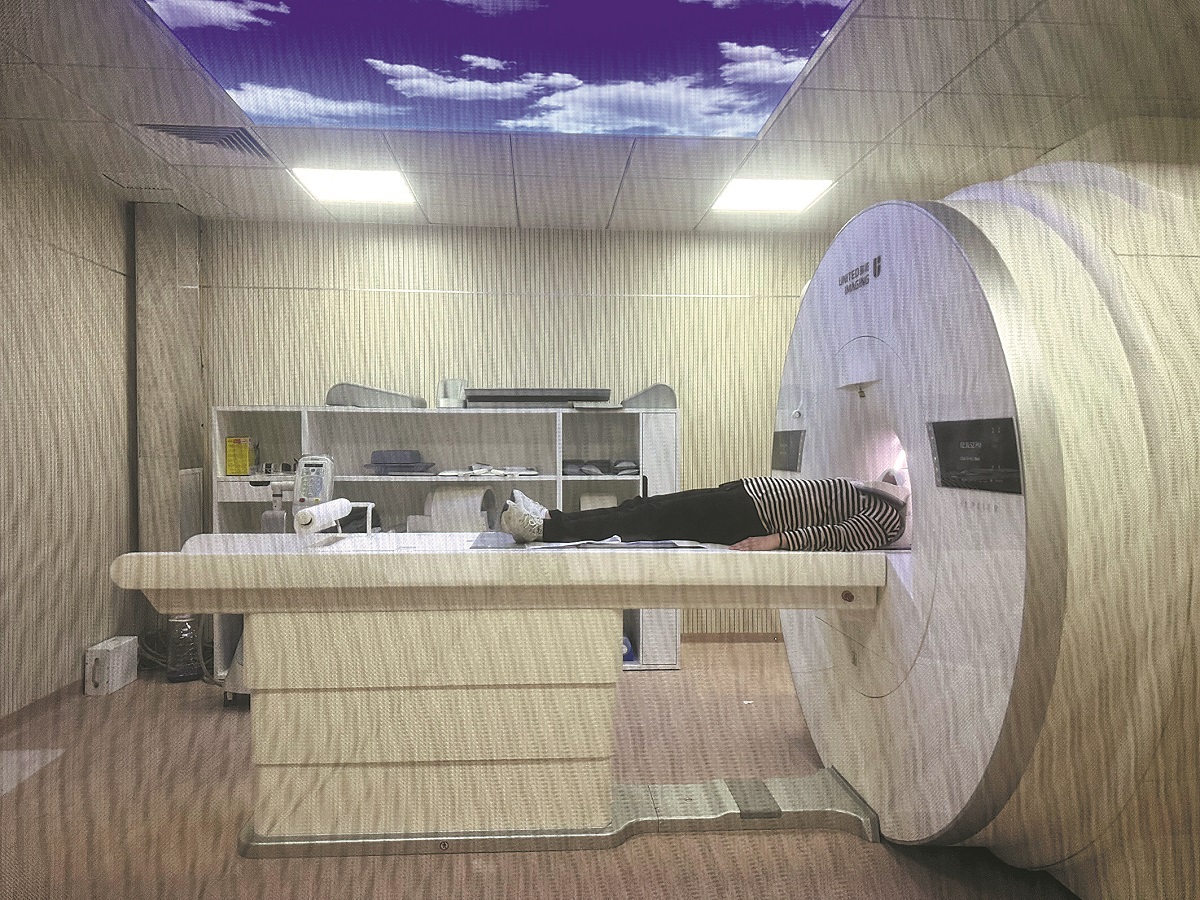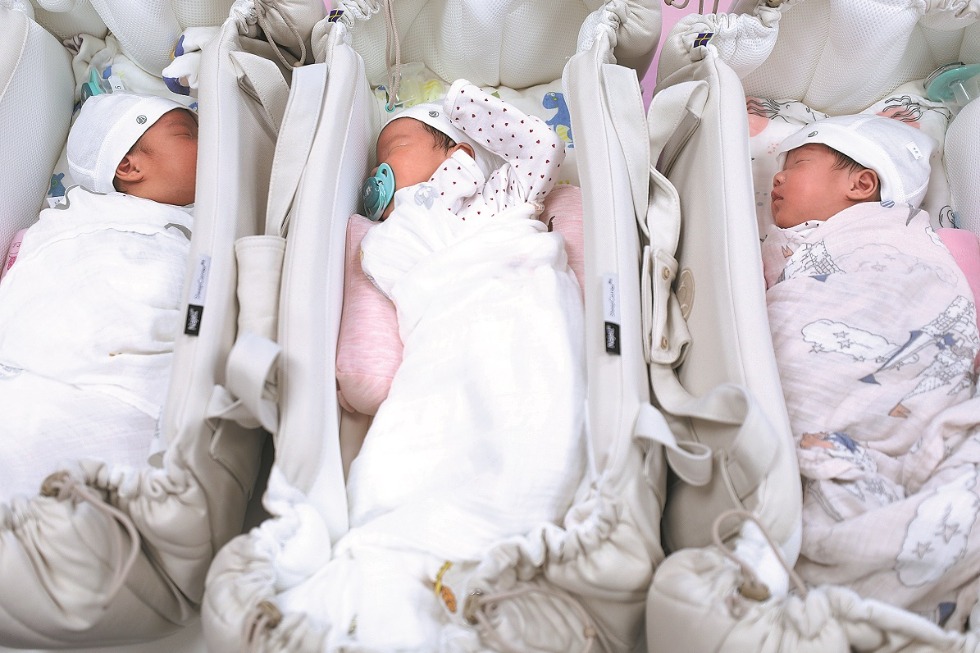Increased foreign investment in hospitals set to boost healthcare
Experts believe more funding will advance high-quality treatment to meet growing demand


Policy tweaks
The other five provincial-level regions where foreign entities will be allowed to set up medical institutions are: Tianjin, Nanjing and Suzhou, Jiangsu province, Fuzhou, Fujian province, and Hainan province, according to the new policy jointly released by the Ministry of Commerce, the National Health Commission, and the National Medical Products Administration.
These entities can also apply for market registration and mass production licenses in China for their products, and those that are approved can be used nationwide.
Pilot programs allowing wholly foreign-owned hospitals date back to 2014, when the National Health Commission allowed overseas investors to set up in seven provincial-level regions — including Beijing, Tianjin, and Shanghai — through the establishment of new ventures and mergers.
After that, the policies varied. In 2015, the National Development and Reform Commission and the Ministry of Commerce issued a revised catalog to guide foreign investment in industries that placed medical institutions in the restricted category.
Two years later, the State Council, China's Cabinet, issued a document, which clarified that foreign funds could be invested in domestic medical institutions via joint ventures and cooperation measures. The Government Work Report delivered in March this year proposed that market access for medical services be relaxed, along with other areas.
"We feel that such adjustments in the national policy regarding the country's openness to allow wholly foreign-invested hospitals were affected by top-level design," said Pan Jie, CEO of the Asia-Pacific Medical Group.
The United States' investment firm Bain Capital backs APMG, which funded the Shanghai Xiehua Brain Hospital. The hospital opened in July in the Shanghai New Hongqiao International Medical Center and provides high-quality medical services for patients with central nervous system diseases.
"As organizers of such hospitals, we hope that policies and regulations can be stable and consistent for a long time. Meanwhile, we hope to receive more guidance and practical support at the operational level," said Pan.
Industry insiders believe that more wholly foreign-invested hospitals will help normalize relevant rules and regulations.
While unveiling the new policy in September, authorities called for stepping up services for foreign enterprises willing to participate in trial programs. Government departments were also urged to strengthen coordination and supervision to promptly detect risks.
Experts said both the relaxation and tightening of policies are understandable, as the opening-up of medical care is closely related to people's health and social stability.
"However, I believe the government is more confident and resolute this time, as the need to expand is more than it was a decade ago. The policy will be better implemented than in the past," said Liu.























